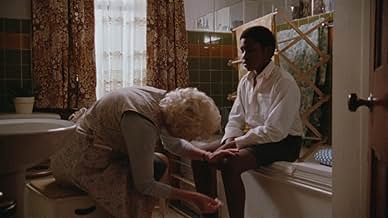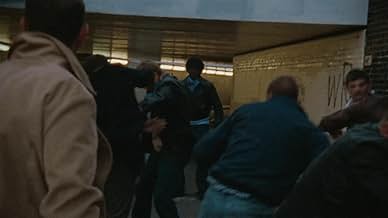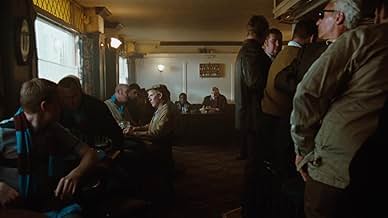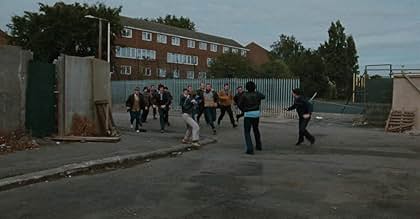Cass
- 2008
- 1h 48m
An orphaned Jamaican baby is adopted by an elderly white couple and brought up in an all white area of London and becomes one of the most feared and respected men in Britain. Based on a true... Read allAn orphaned Jamaican baby is adopted by an elderly white couple and brought up in an all white area of London and becomes one of the most feared and respected men in Britain. Based on a true story.An orphaned Jamaican baby is adopted by an elderly white couple and brought up in an all white area of London and becomes one of the most feared and respected men in Britain. Based on a true story.































